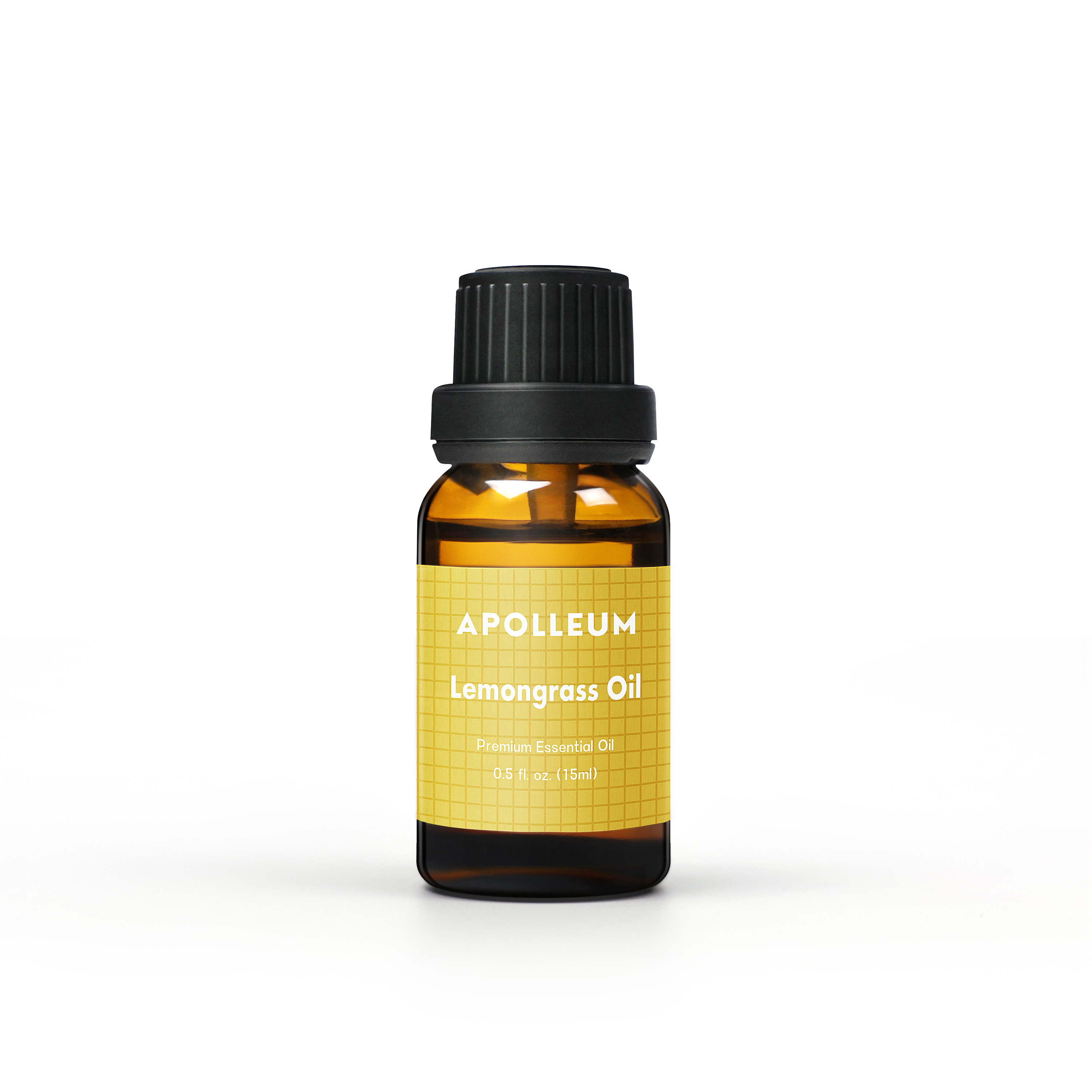

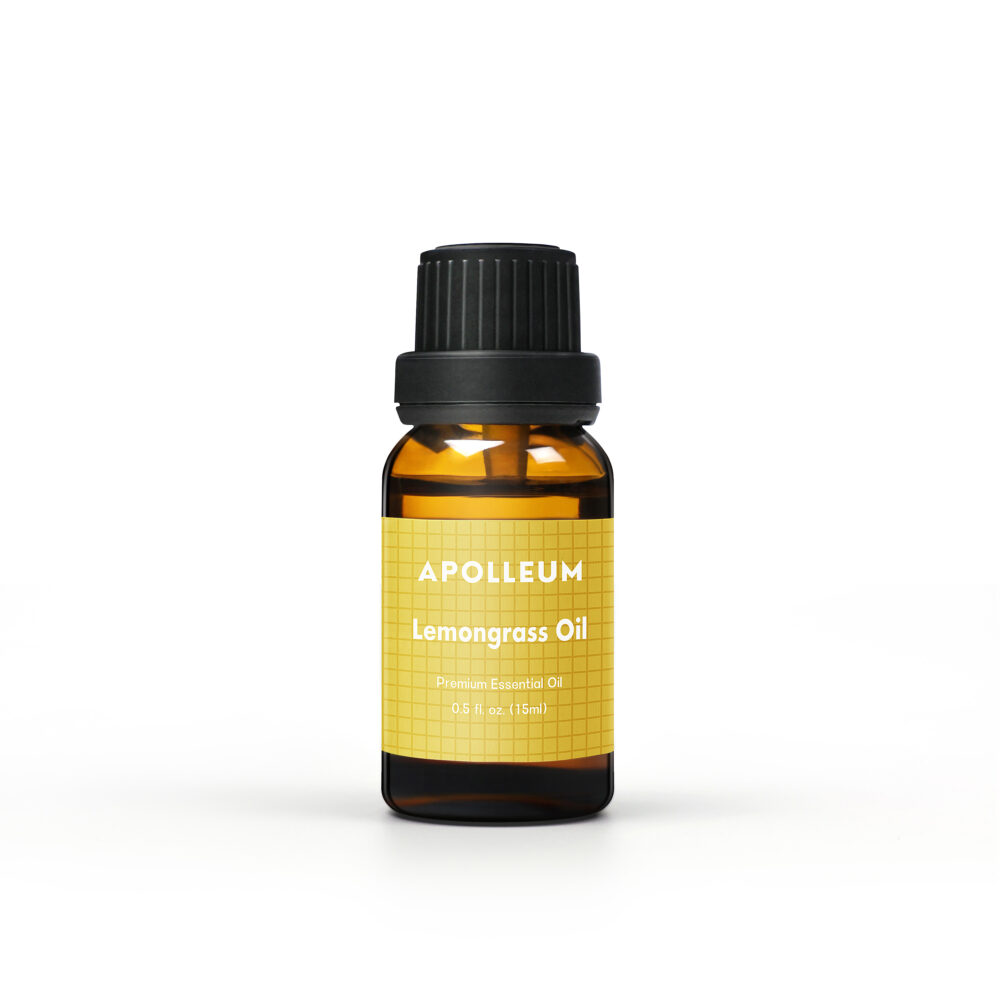
Lemongrass Oil
$17.88
100% PURE LEMONGRASS ESSENTIAL OIL
Discover the uplifting citrusy aroma of lemongrass oil with Apolleum. Carefully extracted, our lemongrass oil exudes a refreshing and revitalizing scent. Elevate your senses and infuse a burst of energy into your space. Embrace the natural essence of lemongrass and add a touch of brightness to your daily rituals. Transform your well-being – experience Apolleum’s lemongrass oil. Renew your senses, shop now!
Size: 0.5 fl oz
Free shipping on orders over $50!
- No-Risk Money Back Guarantee!
- No Hassle Refunds
- Secure Payments
Description
- Manufacturing Method: distilled
- Part of Plant: Leaves
- Main Chemotypes: Citral, Geraniol, Geranyl acetate, Limonene
- Smells Like: zesty, fresh, sharp, herbaceous
Introduction to Lemongrass Oil
What is Lemongrass Oil?
Lemongrass oil, derived from the leaves and stalks of the lemongrass plant (Cymbopogon citratus), is a versatile essential oil renowned for its myriad of therapeutic benefits and aromatic properties. With its refreshing citrus scent and potent medicinal properties, lemongrass oil has gained popularity not only in aromatherapy but also in culinary and cosmetic applications.
Historical and Cultural Significance
Lemongrass has a rich historical and cultural significance dating back centuries. Originating from Southeast Asia, particularly India and Sri Lanka, lemongrass has been an integral part of traditional medicine and culinary practices in various cultures across the globe.
In traditional Ayurvedic medicine, lemongrass has been prized for its digestive, anti-inflammatory, and sedative properties. It has been used to alleviate digestive issues, fever, and stress, among other ailments. Similarly, in traditional Chinese medicine, lemongrass is valued for its ability to promote digestion, relieve pain, and invigorate the body.
Moreover, lemongrass holds cultural significance in Southeast Asian cuisines, where it is used to impart a tangy, citrus flavor to dishes such as soups, curries, and stir-fries. Its distinctive aroma and flavor make it a staple ingredient in Thai, Vietnamese, and Indonesian cuisines.
The Health Benefits of Lemongrass Oil
Lemongrass oil boasts a plethora of health benefits, making it a valuable addition to any natural wellness regimen. Here are some of its most notable therapeutic properties:
1. Antimicrobial and Antioxidant Properties
Lemongrass oil exhibits potent antimicrobial properties, thanks to its high concentration of citral, a compound known for its antibacterial and antifungal effects. It helps combat harmful bacteria and fungi, making it effective in treating skin infections and promoting wound healing. Additionally, lemongrass oil contains antioxidants that neutralize free radicals and protect cells from oxidative damage, thereby supporting overall health and longevity.
2. Stress Relief and Mood Enhancement
The refreshing citrus aroma of lemongrass oil has a rejuvenating effect on the mind and body, making it an excellent choice for stress relief and mood enhancement. Inhalation of lemongrass oil can help alleviate anxiety, uplift mood, and promote relaxation, making it a popular choice for aromatherapy and relaxation practices.
3. Pain Relief and Inflammation Reduction
Lemongrass oil possesses analgesic and anti-inflammatory properties that make it effective in relieving pain and reducing inflammation. Whether used in massage oils, topical balms, or bath soaks, lemongrass oil can help alleviate muscle aches, joint pain, and headaches, providing natural relief without the side effects of conventional pain medications.
4. Digestive Support and Detoxification
In traditional medicine, lemongrass has been used to aid digestion and detoxify the body. Lemongrass oil can stimulate digestion, relieve bloating and indigestion, and support liver function, promoting overall digestive health and detoxification.
How to Use Lemongrass Oil
Lemongrass oil can be used in various ways to harness its therapeutic benefits:
- Aromatherapy: Add a few drops of lemongrass oil to a diffuser to purify the air, uplift mood, and promote relaxation.
- Topical Application: Dilute lemongrass oil with a carrier oil such as coconut or jojoba oil and apply it topically to the skin to soothe sore muscles, relieve pain, and promote healthy-looking skin.
- Ingestion: Use culinary-grade lemongrass oil to flavor dishes and beverages, or add a drop to herbal teas for digestive support.
Composition and Extraction Process
Components of Lemongrass Oil
Lemongrass oil, derived from the leaves and stalks of the lemongrass plant (Cymbopogon citratus), is renowned for its rich composition of bioactive compounds. These components contribute to the distinct aroma and therapeutic properties of lemongrass oil. Some of the key components include:
- Citral: Citral is the primary constituent of lemongrass oil, comprising up to 85% of its composition. It possesses potent antimicrobial, anti-inflammatory, and antioxidant properties.
- Geraniol: Geraniol contributes to the floral aroma of lemongrass oil and exhibits antimicrobial, analgesic, and insect-repellent properties.
- Limonene: Limonene is a cyclic monoterpene known for its citrus scent and antioxidant properties. It contributes to the uplifting aroma of lemongrass oil.
- Citronellal: Citronellal imparts a lemony scent to lemongrass oil and possesses insecticidal properties, making it effective as a natural insect repellent.
- Myrcene: Myrcene is a terpene with analgesic and sedative properties, enhancing the pain-relieving effects of lemongrass oil.
These components work synergistically to provide a wide range of therapeutic benefits.
Methods of Extraction
Lemongrass oil is extracted from the fresh or dried leaves and stalks of the lemongrass plant through various methods, each yielding different qualities of oil. The most common methods of extraction include:
Steam Distillation: This method involves passing steam through the lemongrass plant material, causing the essential oil to vaporize. The vapor is then condensed and collected, resulting in pure lemongrass oil with minimal degradation of its aromatic and therapeutic properties. Steam distillation is the preferred method for producing high-quality lemongrass oil.
Expression (Cold-Pressing): In this method, mechanical pressure is applied to the lemongrass rinds to release the essential oil. While expression is commonly used for citrus fruits, it is less suitable for lemongrass due to its fibrous nature.
Solvent Extraction: Solvent extraction involves using solvents such as hexane or ethanol to extract the essential oil from the plant material. While this method can yield a higher quantity of oil, it may also result in residual solvent traces, impacting the purity and quality of the final product.
Supercritical Fluid Extraction: This advanced method utilizes carbon dioxide (CO2) as a solvent under high pressure and temperature conditions to extract the essential oil. Supercritical fluid extraction offers a cleaner and more efficient process compared to solvent extraction, but it requires specialized equipment and is less commonly used for lemongrass oil extraction.
Among these methods, steam distillation remains the most preferred and widely used technique for extracting high-quality lemongrass oil while preserving its beneficial properties.
Benefits of Lemongrass Oil
Aromatherapy and Relaxation
Lemongrass oil is renowned for its aromatic properties, making it a popular choice for aromatherapy and relaxation. The refreshing citrus scent of lemongrass oil has a rejuvenating effect on the mind and body, helping to alleviate stress, anxiety, and fatigue. Inhalation of lemongrass oil vapor can promote feelings of calmness and well-being, making it an excellent choice for diffusers, massage oils, and bath blends. Whether used alone or in combination with other essential oils like lavender or peppermint, lemongrass oil can create a soothing atmosphere conducive to relaxation and mental clarity.
Antimicrobial Properties
One of the most notable benefits of lemongrass oil is its potent antimicrobial properties, attributed primarily to its high concentration of citral. Citral exhibits broad-spectrum antimicrobial activity against bacteria, fungi, and viruses, making lemongrass oil an effective natural remedy for combating infections and promoting wound healing. Topical application of diluted lemongrass oil can help prevent bacterial and fungal skin infections, soothe insect bites, and accelerate the healing process. Additionally, diffusing lemongrass oil in indoor spaces can help purify the air and reduce the risk of airborne pathogens, creating a clean and hygienic environment.
Skin and Hair Care Benefits
In addition to its antimicrobial properties, lemongrass oil offers numerous benefits for skin and hair care. When used topically, lemongrass oil helps balance sebum production, making it suitable for both oily and acne-prone skin types. Its astringent properties help tighten and tone the skin, reducing the appearance of pores and enhancing skin texture. Lemongrass oil also possesses antiseptic and anti-inflammatory properties that can soothe irritation, reduce redness, and promote overall skin health.
Moreover, lemongrass oil is beneficial for hair care, thanks to its ability to strengthen hair follicles, reduce dandruff, and promote healthy scalp conditions. Massaging diluted lemongrass oil into the scalp stimulates blood circulation, which nourishes the hair follicles and encourages hair growth. Regular use of lemongrass oil in hair care routines can help maintain a healthy scalp environment, prevent hair loss, and impart a lustrous shine to the hair.
How to Use Lemongrass Oil
Lemongrass oil offers a multitude of therapeutic benefits and can be incorporated into various applications to harness its medicinal properties effectively. Here are three primary methods for using lemongrass oil:
Diffusion and Inhalation
One of the most popular ways to enjoy the aromatic benefits of lemongrass oil is through diffusion and inhalation. Add a few drops of lemongrass oil to a diffuser filled with water and allow the aroma to disperse throughout the room. Inhaling the refreshing citrus scent of lemongrass oil can promote relaxation, uplift mood, and alleviate stress and anxiety. Alternatively, you can add a drop or two of lemongrass oil to a handkerchief or cotton ball and inhale deeply for a quick pick-me-up throughout the day.
Topical Application
Lemongrass oil can be applied topically to the skin, providing targeted relief for various health concerns. Before applying lemongrass oil to the skin, it is essential to dilute it with a carrier oil such as coconut oil, almond oil, or jojoba oil to prevent skin irritation. Once diluted, massage the oil mixture onto the desired area, such as sore muscles, joints, or the abdomen. Lemongrass oil’s analgesic and anti-inflammatory properties make it effective for relieving muscle aches, joint pain, and digestive discomfort. Additionally, lemongrass oil can be added to skincare formulations, such as lotions, creams, and serums, to promote healthy-looking skin and reduce the appearance of blemishes.
Culinary Uses
In addition to its therapeutic applications, lemongrass oil can be used to add flavor and aroma to culinary dishes and beverages. Culinary-grade lemongrass oil is safe for ingestion and can be used sparingly to enhance the flavor of soups, curries, stir-fries, marinades, and sauces. A drop or two of lemongrass oil can also be added to herbal teas, lemonades, or cocktails for a refreshing citrus twist. When using lemongrass oil in cooking, start with a small amount and adjust according to taste preferences, as its potent flavor can easily overpower other ingredients.
By incorporating lemongrass oil into your daily routine through diffusion, topical application, or culinary uses, you can experience its myriad of health benefits and enjoy its delightful citrus aroma.
Safety Precautions and Side Effects
While lemongrass oil offers numerous health benefits, it is essential to use it safely and responsibly to avoid potential adverse effects. Here are some safety precautions and considerations to keep in mind when using lemongrass oil:
Dilution Guidelines
Before applying lemongrass oil topically, it is crucial to dilute it with a suitable carrier oil to reduce the risk of skin irritation or sensitization. The recommended dilution ratio for most adults is typically between 1% and 3%, which equates to approximately 1 to 3 drops of lemongrass oil per teaspoon of carrier oil. For children, elderly individuals, or individuals with sensitive skin, a lower dilution ratio is recommended. Always perform a patch test on a small area of skin before using lemongrass oil extensively to ensure there are no adverse reactions.
Potential Allergic Reactions
While lemongrass oil is generally well-tolerated by most individuals, some people may experience allergic reactions or sensitivities to this essential oil. Symptoms of an allergic reaction may include skin irritation, redness, itching, or swelling. If you experience any adverse reactions after using lemongrass oil, discontinue use immediately and consult a healthcare professional. Individuals with a history of allergies to citrus fruits or essential oils should exercise caution when using lemongrass oil.
Interaction with Medications
Lemongrass oil may interact with certain medications, particularly drugs metabolized by the liver or those that affect blood clotting. If you are taking any medications or have underlying health conditions, consult a healthcare provider before using lemongrass oil, especially if you plan to use it internally or in large quantities. Additionally, pregnant or breastfeeding women should exercise caution when using lemongrass oil, as its safety during pregnancy and lactation has not been extensively studied.
Other Considerations
- Avoid applying undiluted lemongrass oil directly to the skin, as it may cause irritation or sensitization.
- Keep lemongrass oil out of reach of children and pets to prevent accidental ingestion or misuse.
- Store lemongrass oil in a cool, dark place away from direct sunlight to preserve its freshness and potency.
- If using lemongrass oil internally, ensure that you are using a culinary-grade oil specifically labeled for internal use.
By following these safety precautions and guidelines, you can enjoy the benefits of lemongrass oil while minimizing the risk of adverse effects or interactions.
Lemongrass Oil in Traditional Medicine
Lemongrass oil has a long history of use in traditional medicine across various cultures, where it has been prized for its medicinal properties and therapeutic benefits. Here’s an overview of its traditional uses and the modern scientific research that supports its efficacy:
Traditional Uses Across Cultures
Lemongrass oil has been an integral part of traditional medicine systems in many cultures around the world for centuries. Here are some traditional uses of lemongrass oil across different cultures:
Ayurvedic Medicine: In traditional Indian Ayurvedic medicine, lemongrass oil is known as “fever grass” and has been used to alleviate fever, digestive issues, and respiratory ailments. It is also valued for its calming properties and is used to promote relaxation and mental clarity.
Traditional Chinese Medicine (TCM): In TCM, lemongrass is believed to have cooling and drying properties, making it useful for conditions associated with heat and dampness in the body. It is commonly used to promote digestion, relieve pain, and reduce inflammation.
Thai Traditional Medicine: In Thailand, lemongrass is used in various traditional remedies to treat digestive disorders, fevers, and infections. Lemongrass tea is a popular beverage enjoyed for its refreshing flavor and purported health benefits.
Indigenous Cultures: Indigenous peoples in regions where lemongrass grows naturally have used it for generations to treat a wide range of ailments, including digestive issues, headaches, muscle pain, and insect bites.
Modern Scientific Research and Findings
In recent years, modern scientific research has begun to uncover the mechanisms behind the traditional uses of lemongrass oil and validate its therapeutic properties. Here are some key findings from scientific studies:
Antimicrobial Activity: Numerous studies have demonstrated the potent antimicrobial properties of lemongrass oil, particularly against bacteria, fungi, and viruses. Citral, the main component of lemongrass oil, has been shown to inhibit the growth of various pathogens, making lemongrass oil a valuable natural remedy for combating infections.
Anti-inflammatory Effects: Lemongrass oil contains compounds with anti-inflammatory properties that may help reduce inflammation and pain associated with conditions such as arthritis, muscle strains, and skin disorders. These effects make lemongrass oil a promising candidate for the development of anti-inflammatory drugs and topical treatments.
Antioxidant Activity: Lemongrass oil exhibits antioxidant activity, which helps protect cells from oxidative damage caused by free radicals. Antioxidants play a crucial role in maintaining overall health and may help reduce the risk of chronic diseases such as cancer, heart disease, and neurodegenerative disorders.
Digestive Support: Traditional uses of lemongrass for promoting digestion have been supported by scientific evidence showing that lemongrass oil may help stimulate gastric motility, relieve indigestion, and reduce symptoms of gastrointestinal disorders such as bloating and cramping.
Lemongrass Oil in Cosmetics and Perfumery
Lemongrass oil is a popular ingredient in cosmetics and perfumery due to its refreshing citrus scent and numerous beneficial properties. Let’s explore how lemongrass oil is used in cosmetic formulations and perfume blends:
Cosmetic Formulations
In cosmetics, lemongrass oil is valued for its astringent, antiseptic, and toning properties, making it a versatile ingredient in skincare and hair care products. Here are some common cosmetic formulations that incorporate lemongrass oil:
Facial Cleansers and Toners: Lemongrass oil’s astringent properties make it an excellent ingredient for facial cleansers and toners, helping to tighten pores, control excess oil, and promote clear skin.
Body Washes and Scrubs: Lemongrass oil adds a refreshing citrus scent to body washes and scrubs while providing antiseptic and antibacterial benefits. It helps cleanse and purify the skin, leaving it feeling invigorated and revitalized.
Moisturizers and Lotions: Lemongrass oil can be found in moisturizers and lotions for its hydrating and soothing properties. It helps nourish and moisturize the skin, leaving it soft, smooth, and supple.
Hair Care Products: In hair care products such as shampoos and conditioners, lemongrass oil helps balance scalp oil production, reduce dandruff, and promote healthy-looking hair. Its refreshing aroma also adds an uplifting scent to hair care formulations.
Perfume Blends and Fragrances
In perfumery, lemongrass oil is prized for its bright, citrusy aroma, which adds a refreshing and energizing element to fragrance compositions. Here’s how lemongrass oil is used in perfume blends and fragrances:
Top Note: Lemongrass oil is often used as a top note in perfume blends, imparting a zesty, citrusy scent that instantly lifts the spirits and invigorates the senses. Its fresh, bright aroma adds a lively and refreshing quality to perfumes.
Middle Note: In some fragrance compositions, lemongrass oil may also serve as a middle note, providing depth and complexity to the overall scent profile. Its herbaceous, lemony aroma blends well with floral, woody, and spicy notes, creating harmonious and balanced fragrances.
Citrus Blends: Lemongrass oil is commonly used in citrus-based perfume blends, where it complements other citrus essential oils such as lemon, lime, and orange. Together, these oils create vibrant, uplifting fragrances reminiscent of sunny summer days.
Herbal and Aromatic Blends: In herbal and aromatic perfume blends, lemongrass oil adds a fresh, green note that enhances the overall complexity of the fragrance. It blends well with other herbal oils like lavender, rosemary, and basil, creating invigorating and aromatic scents.
Sustainability and Environmental Impact
Lemongrass oil production can have both positive and negative impacts on the environment, depending on cultivation practices and extraction methods. Here’s a look at sustainability efforts and eco-friendly practices in the cultivation and extraction of lemongrass oil:
Cultivation Practices
Organic Farming: Some producers prioritize organic farming practices, which avoid the use of synthetic pesticides, herbicides, and fertilizers. Organic cultivation helps minimize environmental pollution and protects soil health and biodiversity.
Crop Rotation: Implementing crop rotation techniques can help maintain soil fertility and reduce the risk of pests and diseases. Alternating lemongrass cultivation with other crops can also help break pest cycles and promote overall ecosystem balance.
Water Management: Sustainable water management practices, such as drip irrigation and rainwater harvesting, help conserve water resources and reduce water consumption in lemongrass cultivation. Efficient irrigation methods can also prevent soil erosion and water pollution.
Biodiversity Conservation: Protecting natural habitats and preserving biodiversity is essential for sustainable agriculture. Implementing agroforestry practices and maintaining wildlife corridors can help support diverse ecosystems and mitigate the environmental impact of monoculture farming.
Eco-Friendly Extraction Methods
Steam Distillation: Steam distillation is the most common method of extracting lemongrass oil, and it is generally considered eco-friendly. This method uses water and steam to extract the essential oil from lemongrass plant material, with minimal environmental impact.
Carbon Dioxide (CO2) Extraction: Supercritical fluid extraction using carbon dioxide (CO2) is another eco-friendly extraction method. CO2 extraction is non-toxic, non-flammable, and leaves behind no solvent residues, making it a safe and sustainable option for producing high-quality lemongrass oil.
Solvent-Free Extraction: Some producers utilize solvent-free extraction techniques, such as cold-pressing or expression, to extract lemongrass oil without the use of chemical solvents. These methods are environmentally friendly and help preserve the integrity of the oil’s natural compounds.
Waste Management: Proper disposal and management of waste materials generated during the extraction process are crucial for minimizing environmental impact. Recycling, composting, or converting waste biomass into biofuels or fertilizers can help reduce waste and promote sustainability.
By implementing sustainable cultivation practices and eco-friendly extraction methods, producers can minimize the environmental footprint of lemongrass oil production and contribute to conservation efforts.
Conclusion
In conclusion, lemongrass oil is a versatile and beneficial essential oil that offers a wide range of therapeutic and practical applications. From its use in aromatherapy and skincare to its role in culinary and perfumery, lemongrass oil has earned its place as a valuable ingredient in various industries.
Throughout history, lemongrass oil has been revered for its refreshing citrus scent and medicinal properties, with traditional medicine systems incorporating it into remedies for centuries. Modern scientific research continues to validate its efficacy, shedding light on its antimicrobial, anti-inflammatory, and antioxidant properties.
However, it’s essential to use lemongrass oil responsibly and with caution, considering safety precautions and potential side effects. Diluting the oil properly, being mindful of allergies, and consulting healthcare professionals when necessary can help ensure safe usage.

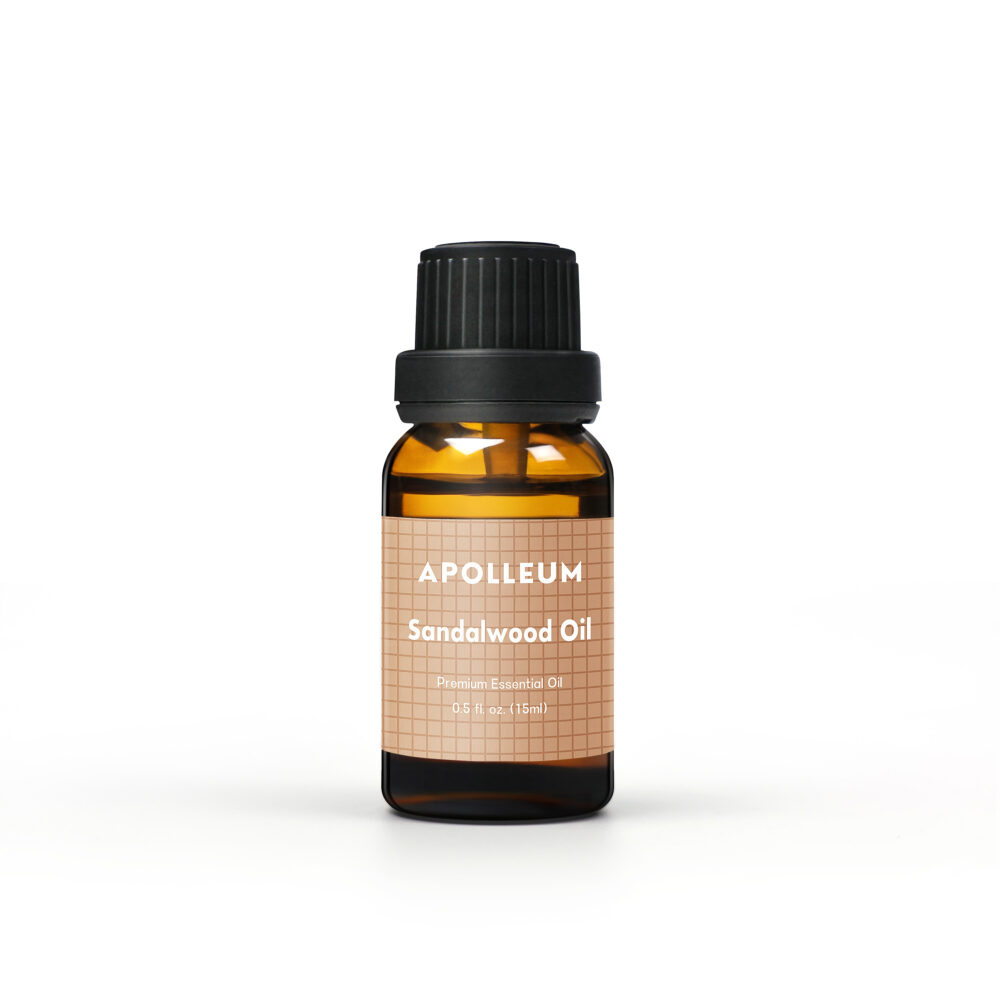
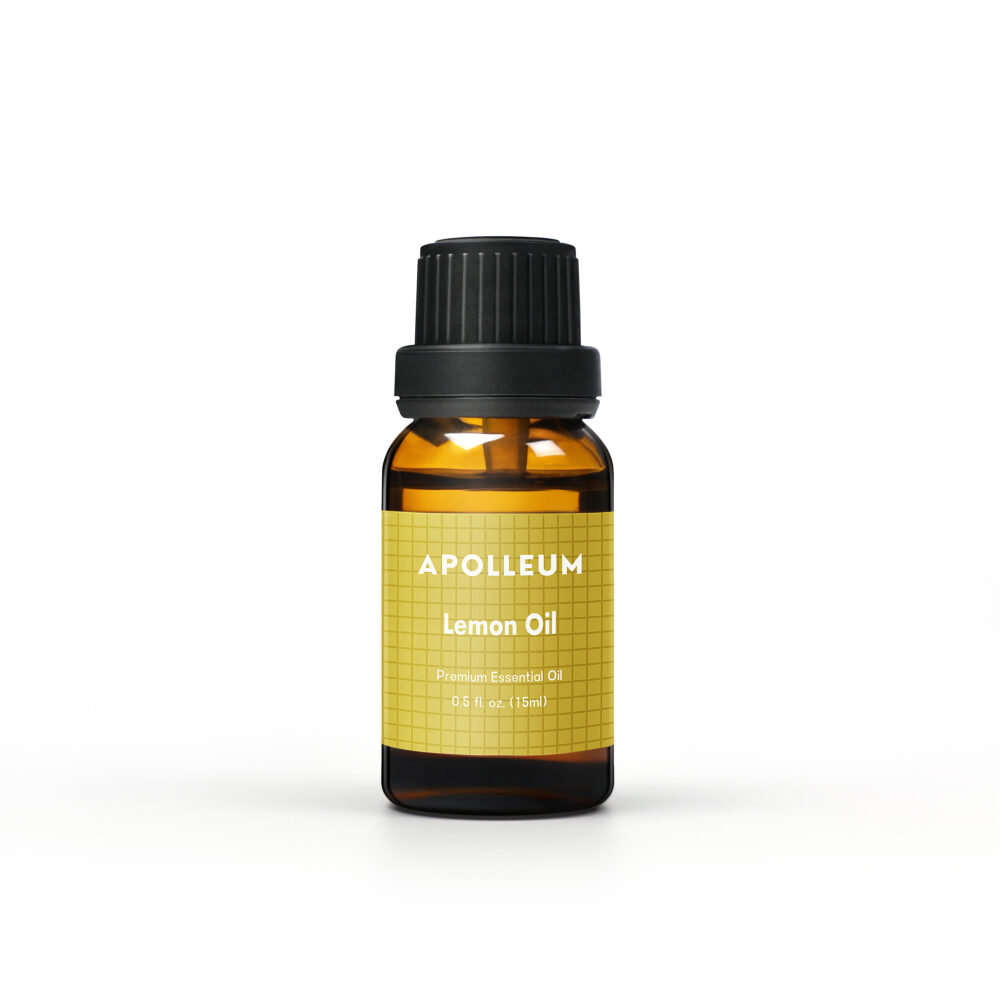
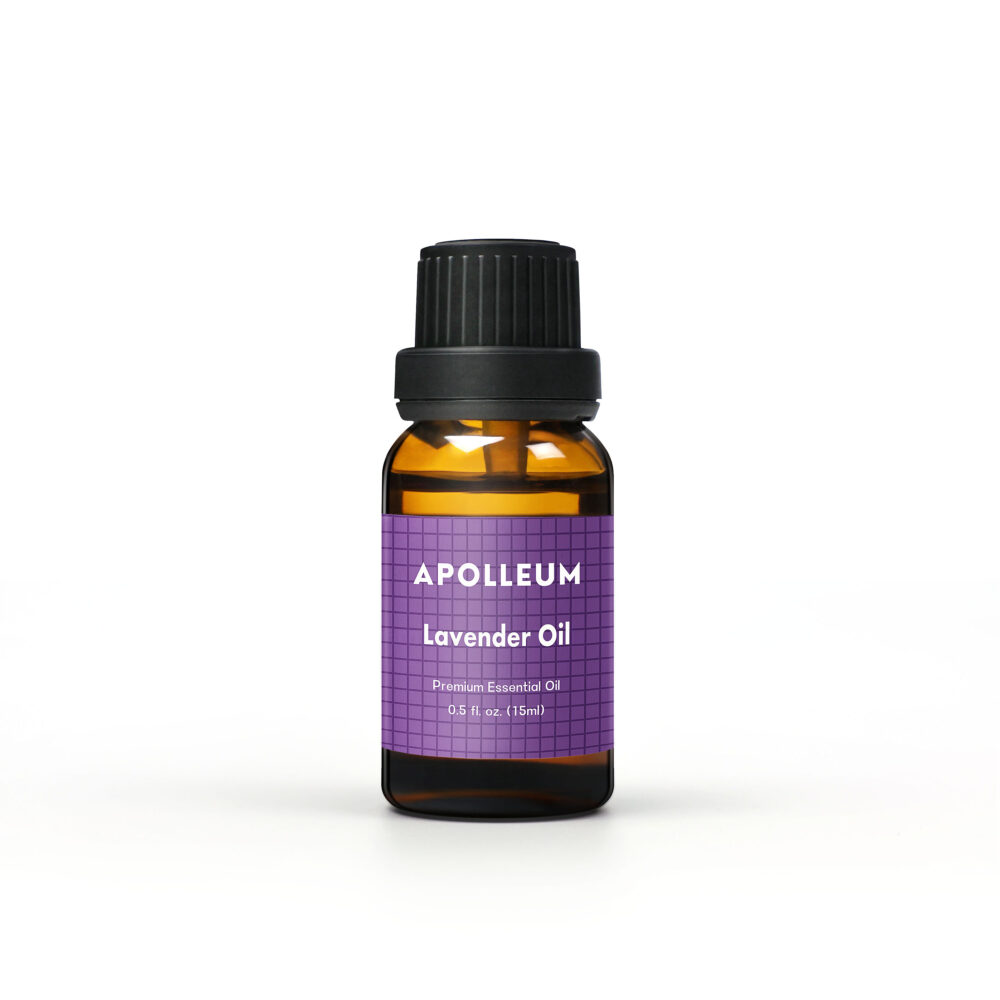
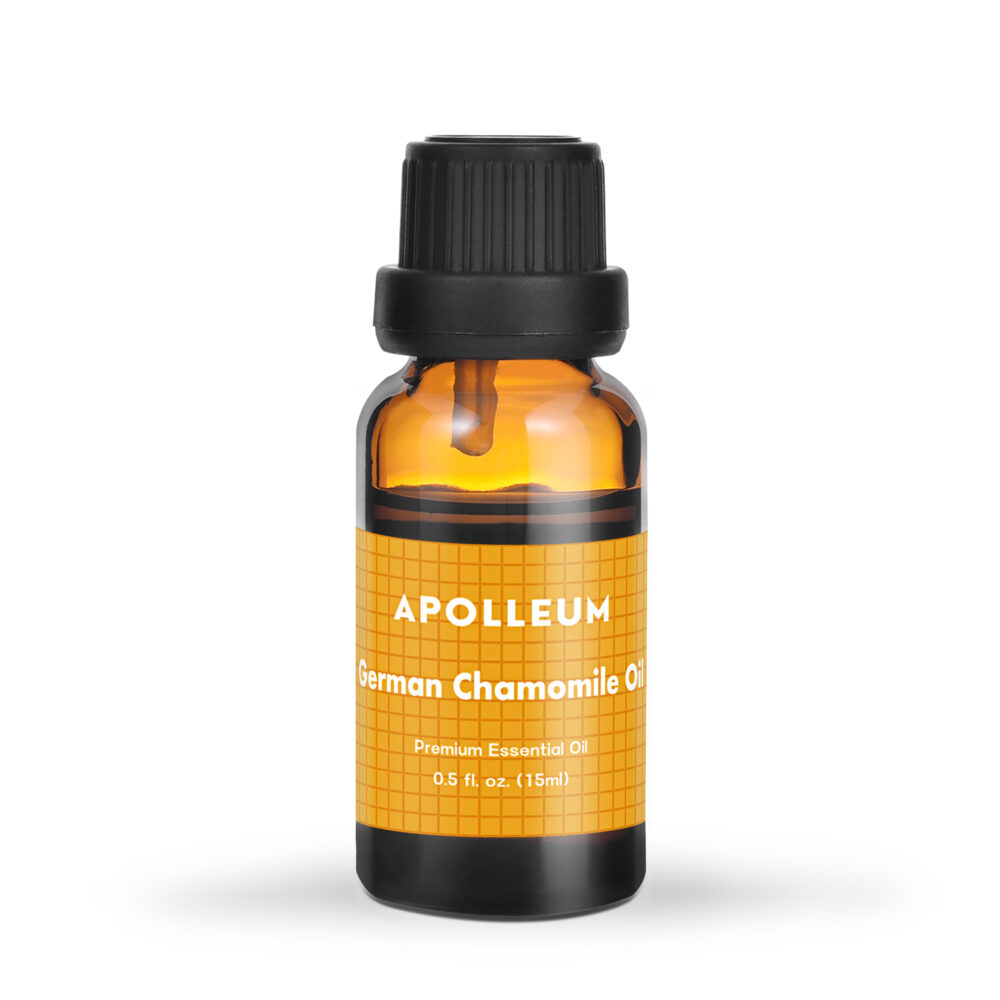
Reviews
There are no reviews yet.